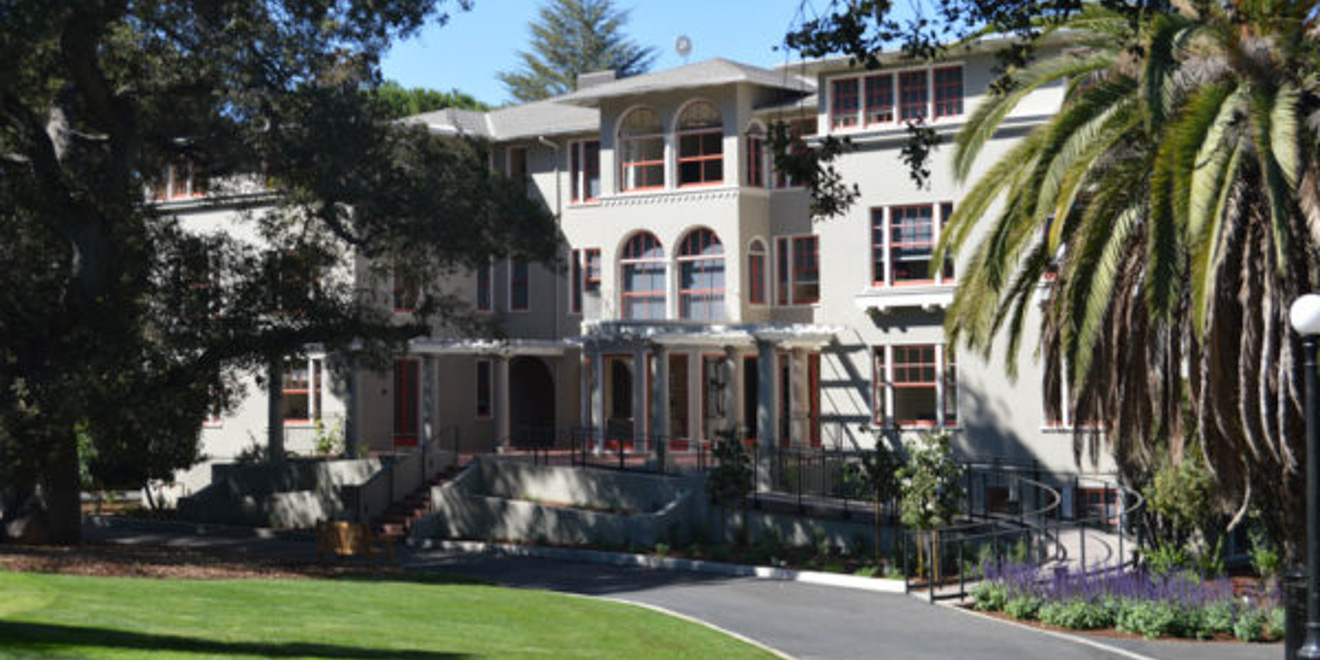Following several years of debate surrounding the University’s collection of information on sexual assault and misconduct, Stanford will launch a campus climate survey with a widened definition of sexual assault. The new survey, administered by the Association of American Universities (AAU), is used by 27 other universities including Harvard and Yale.
“[The survey] is an important way to assess the prevalence of sexual assault and other prohibited conduct in our community, as well as student perceptions of Stanford’s climate around these issues,” wrote Provost Persis Drell in an email sent to Stanford students on Monday.
Drell announced last April that Stanford would be using the AAU survey, fully titled the Campus Climate Survey on Sexual Assault and Sexual Misconduct on Tuesday. The previous survey, the Campus Climate Survey (CCS), was subject to criticism for what many felt was a too-narrow definition of sexual assault. In 2015, the CCS survey found that only 1.9% of students were reportedly sexually assaulted, a figure well under the AAU average of 11.7%. While the CCS defined an act as an assault if it was carried out through force or under incapacitation, The AAU definition, encompasses any “nonconsensual sexual contact by physical force, threats of physical force, or incapacitation,” according to the AAU website.
Further criticisms of the CCS focused on the fact that it failed to collect data on the location of assaults on campus, sexual activity that followed incapacitation due to alcohol or drugs and non-physical forms of partner abuse.
After the results of the 2015 CCS were made public, many students pushed for the adoption of the AAU survey. In 2016, a referendum to replace the Stanford specific survey with the AAU survey passed with the support of 90% of students who voted. In 2018, both the Undergraduate Senate and the Graduate Student Council passed a resolution calling for the University to adopt the new survey.
According to Associated Students of Stanford University President Shanta Katipamula ’19, the administration originally wanted to conduct another Stanford-specific survey in spring of 2018 but changed course after receiving criticism from students.
“We wanted the AAU survey so we could know how well we are doing in comparison to our peer institutions and, ultimately, because there is such low trust in the University when it comes to issues of sexual violence,” Katipamula said. “There were a number of students who felt, given how the previous survey had gone, we could not trust the administration to put together a methodologically sound survey especially in a short time frame that would really serve the needs of students and be beneficial to us”.
The survey, which takes about 20 to 30 minutes to complete, opens on Tuesday, and will be available until May 10, according to a University press release. It focuses on four main areas: perceptions related to social situations and sexual misconduct at Stanford, knowledge of available resources, personal experiences with prohibited sexual conduct at Stanford and perceptions of the university’s response to reports of sexual misconduct.
“I think it is the school’s responsibility to gather this information and continuously improve their procedures so that students can get the education that they are paying for and have a right to,” said Rachel Green, J.D. ’19, a member of the Provost’s advisory committee on the survey.
The administration is strongly encouraging students to participate in the survey and is offering a $20 Amazon gift card to every student who participates.
“We know that the numbers that we get in terms of numbers of reports of sexual violence to the Title IX office do not capture the whole picture of what is going on,” Katipamula said. “All of the individual responses in this survey are confidential and anonymized, so it is really an opportunity for students who may have experienced something — or not — to be really open about what the climate at Stanford has been like during their time here.”
“Sexual assault is happening at every university everywhere,” Green said. “It is the duty of universities to gather information about what’s happening, particularly to see what students think. Do they feel safe? Do they feel like they need more services? Do they know what services are out there? Do they feel safe if they go through the process of reporting?”
The University intends to release the results of the survey to the Stanford community in fall 2019.
“Sexual violence has absolutely no place in our community,” Drell wrote. “One of my top priorities as Provost is to strengthen our efforts to prevent and respond effectively to sexual violence, and to support members of our community who are affected by it. This survey will be an important part of that endeavor.”
Contact Sophie Regan at sregan20 ‘at’ stanford.edu.
